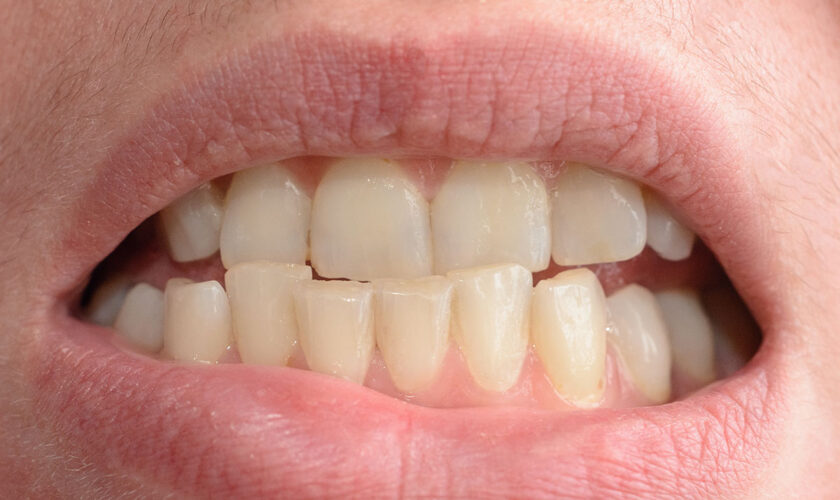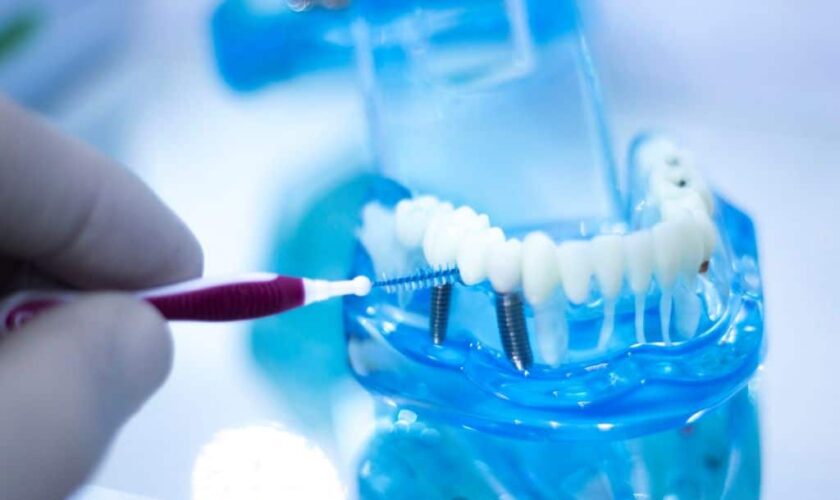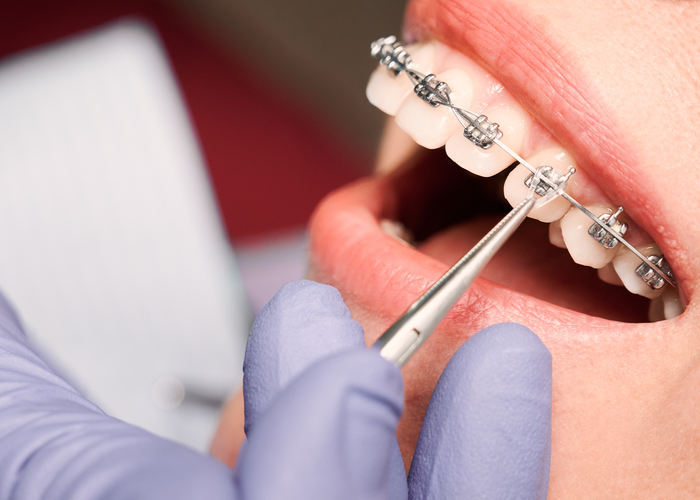In an academic environment, students often find themselves overwhelmed with assignments and essays. Seeking assistance from essay writing services has become a common practice, but the challenge lies in identifying the top-notch services among the multitude available. Here are the tips to help you navigate the process and find the best essay writing service for your needs.
Navigating the vast landscape of the best essay writing service can be perplexing, with students facing the dilemma of choosing the right one. The importance of selecting a top-notch service cannot be overstated, as it directly influences academic success.
Researching Online
Start by harnessing the power of search engines. Utilize effective search queries to narrow down your options. Simultaneously, read reviews from reliable sources and check testimonials on the service’s website for genuine insights.
Comparing Services
Evaluate pricing structures to ensure they align with your budget. Analyze the range of services offered and consider the flexibility in customizing your order. Assess customer support options, ensuring accessibility and responsiveness.
Assessing Writer Qualifications
Dig into the expertise of the writers. Check for academic credentials, experience, and specialized knowledge in your field of study.
Plagiarism Policies
Understanding a service’s approach to plagiarism is crucial. Ensure they employ effective plagiarism detection tools to maintain the integrity of your work.
Confidentiality and Security
Verify the service’s commitment to safeguarding your personal information and assess the security measures in place for financial transactions.
Turnaround Time
Consider the service’s delivery speed, especially if you have urgent assignments. Ensure they can meet your deadlines without compromising quality.
Revision Policies
Examine the revision policies offered by the service. Understanding the terms and conditions for revisions is essential for a seamless collaboration.
Customer Feedback
Explore forums and discussion boards for real user experiences. Gauge the overall satisfaction of previous customers to make an informed decision.
Guarantees and Refund Policies
Investigate the service’s guarantees and understand the conditions for refunds, providing you with a safety net in case of dissatisfaction.
Customization Options
Assess the level of customization available. Ensure the service can accommodate your specific requirements to meet your unique academic needs.
Availability of Samples
Review samples of previous work to analyze the quality and style of the service’s writing. This provides a tangible example of what you can expect.
Communication Channels
Examine available communication channels with writers and assess the responsiveness of customer support. Clear and open communication is crucial for a successful partnership.
Reputation in Academic Circles
Check the service’s standing in academic communities. Assess any partnerships or endorsements from educational institutions, indicating credibility.






